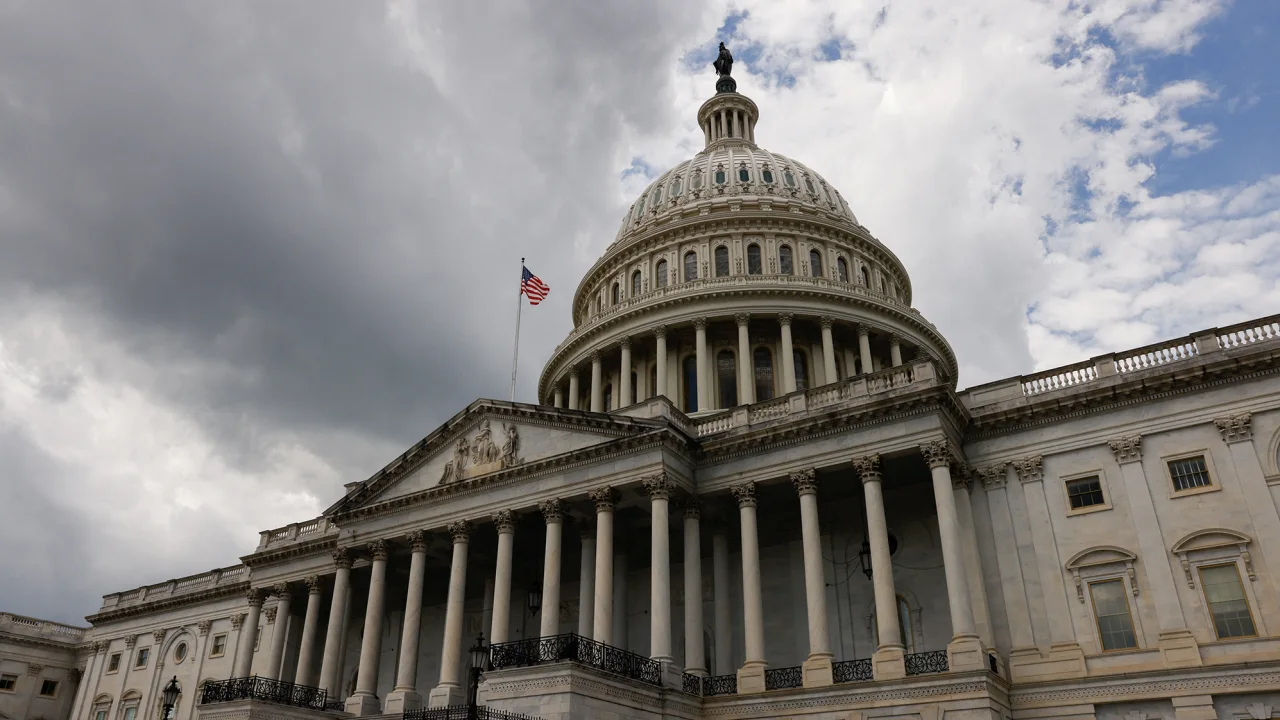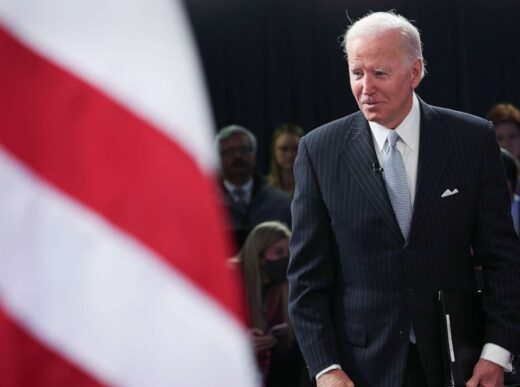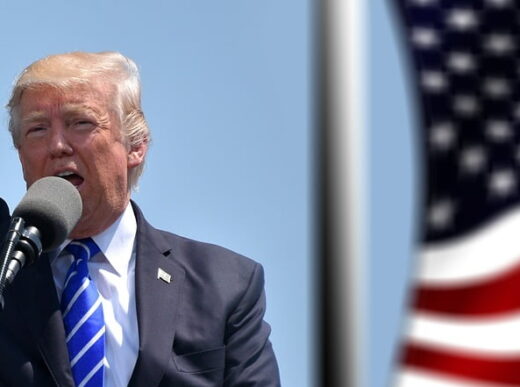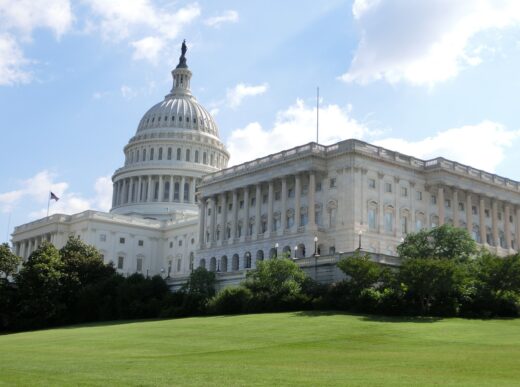In a strategic move poised to shake up the political landscape, Mike Rogers, the seasoned former GOP congressman renowned for his leadership of the House Intelligence Committee, is reportedly on the brink of unveiling his candidacy for the Michigan Senate seat. This anticipated announcement not only provides Republican leaders with a critical asset but also intensifies the competition in a state that holds significant sway in determining the balance of power. Insider sources affirm that Rogers, who boasts a distinguished 14-year tenure in the House, is eyeing the Senate seat set to be vacated by Democratic incumbent Sen. Debbie Stabenow, who has declared her intention to retire by the close of the forthcoming year. The National Republican Senatorial Committee’s proactive outreach underscores the eagerness to enlist Rogers as a pivotal candidate, a move that could potentially tilt the scales in favor of the Republicans in a traditionally Democratic-leaning state.
A Key Recruit for Republican Leaders
Rogers’ potential entry into the Senate race injects a fresh wave of momentum into Michigan’s political arena. The pursuit of Rogers by the Republican leadership underlines his strategic value and the influential role he can play in a state that holds immense significance for both parties. The calculated bid to secure his participation demonstrates the meticulous planning undertaken by the GOP to bolster their position in a state that Democrats have fiercely defended.
An Opening Amidst Transitions
As Democratic Senator Stabenow prepares to step down, the ensuing race is marked by transitions and opportunities. Rogers, an experienced and respected figure, emerges as a contender to seize this opening. His decision to throw his hat into the ring unveils a dynamic shift, altering the trajectory of the race and generating heightened interest from political observers across the spectrum.
A Competitor’s Profile: Rep. Elissa Slotkin
In the evolving landscape, Rep. Elissa Slotkin looms as a prominent figure on the Democratic side. Representing a pivotal swing district outside Detroit, Slotkin garners attention as a formidable candidate, aligning with the strategic considerations of her party. While Slotkin is poised to contend for the coveted Senate seat, she faces an initial challenge in securing victory in the primary, a hurdle that includes facing off against actor Hill Harper. The Democratic field remains vibrant, yet Slotkin’s profile emerges as a top contender, heralding an engaging and closely watched race.
Michigan’s Role: A Second-Tier Pickup Opportunity
Michigan occupies a unique spot in the broader political narrative, acting as a focal point for both major parties. While top Republicans have viewed Michigan as a second-tier pickup opportunity, Rogers’ prospective entrance elevates the state’s significance on the GOP’s radar. Historically, Michigan has been a coveted battleground, a pivotal state in shaping electoral outcomes. As Rogers embarks on this journey, he has the potential to alter the calculus, positioning Michigan as a critical terrain in the GOP’s bid to reshape the political landscape.
A Competitive Landscape Unfolds
With the Senate race evolving into a multifaceted contest, the battle for Michigan’s Senate seat transcends political lines. Rogers’ bid presents a test of strategies, ideologies, and the ability to resonate with voters in a diverse and dynamic state. As both parties gear up for the electoral showdown, Michigan emerges as a microcosm of broader political dynamics, reflecting the aspirations and concerns of the nation.
Conclusion: A Race of Significance
As Mike Rogers prepares to formally announce his Senate candidacy, the anticipation heightens, capturing the essence of the electoral process. The impending race symbolizes more than a political contest; it encapsulates the essence of democratic participation and the power of choice. With Rogers’ entry, the stage is set for a compelling and closely watched chapter in Michigan’s political history, where candidates’ visions intersect with voters’ aspirations, shaping the trajectory of the state’s representation and the broader national narrative.














